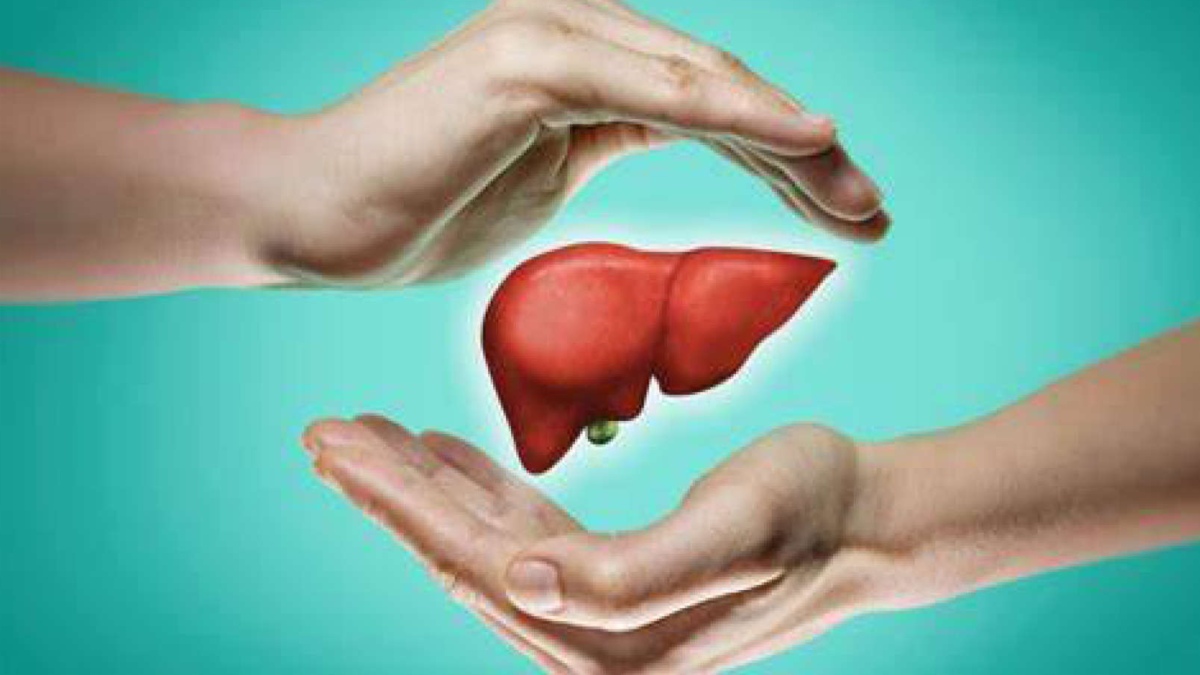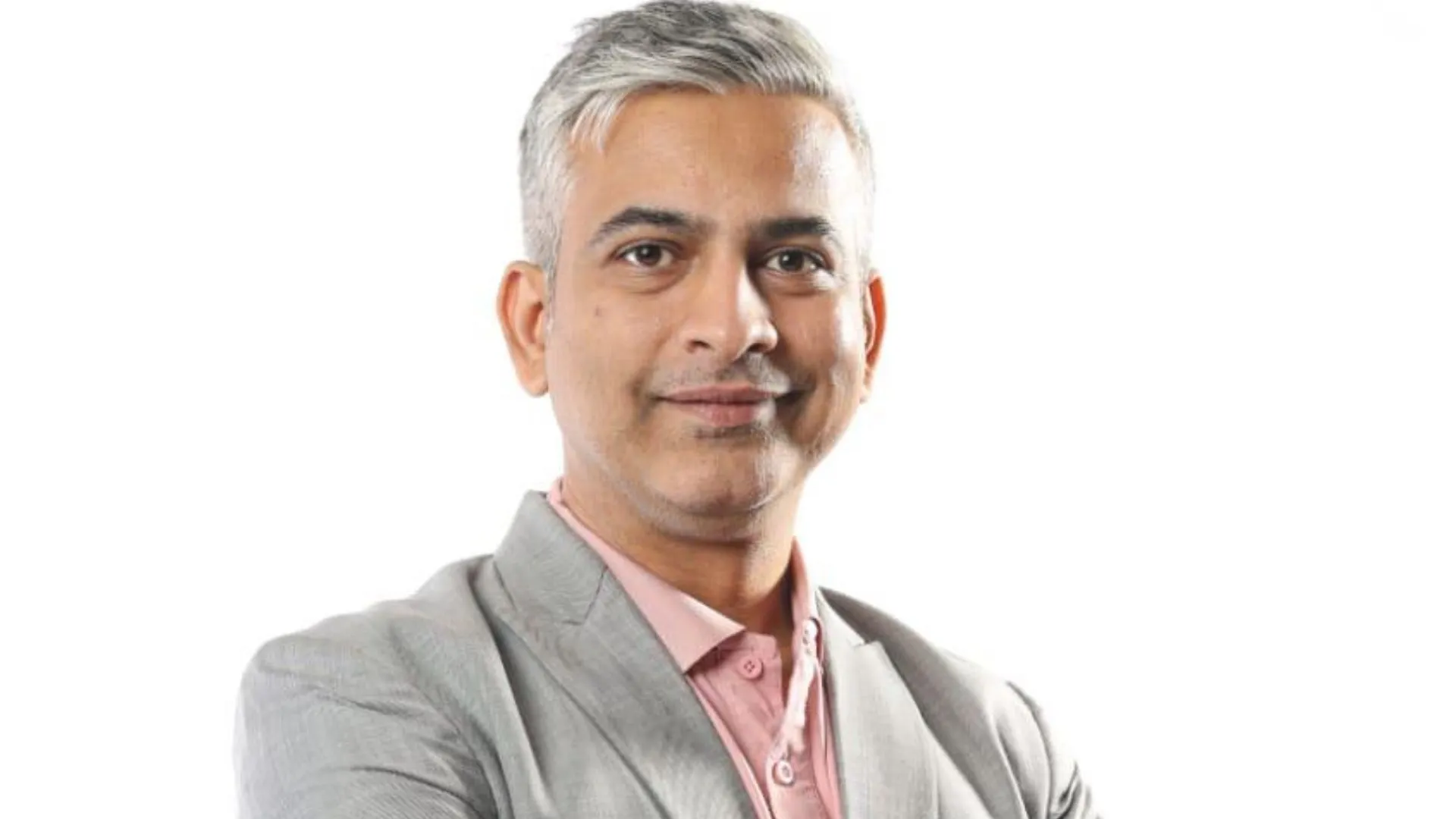LIFESTYLE CHANGES FOR HEALTHY LIVER
• Maintain a healthy weight (Ideal BMI being around 23.5)
• Eat a balanced diet. Avoid high calorie-meals, saturated fat, refined carbohydrates (such as white bread, white rice and regular pasta) and sugars.
• Limit your alcohol intake (not more than 2 standard drinks a day in men and 1 standard drink a day in women, a standard drink being a pint of beer or a glass of wine or a peg of hard drinks like whisky)
• Exercise regularly for at least 30-45 min a day for at least 5 days a week
• Practice safe sex and avoid unnecessary sharing of toothbrushes, razors, needles and other personal care items• Avoid illicit drugs and contaminated needles
• Get vaccinated for Hepatitis A and Hepatitis B• Be careful with traditional/alternative medicines and weight loss pills By Dr Mrudul Dharod, Consultant, Gastroenterologist, Wockhardt Hospital Mira Road, Mumbai

GOOD AND BAD FOOD FOR LIVER
• We need to take care of our liver. It is one of the most important organs in our body and is responsible for ensuring bile production and excretion, excretion of bilirubin, cholesterol, hormones, drugs, metabolism of fats, proteins, carbohydrates, and enzyme activation.• Fatty liver and non-alcoholic fatty liver are the two main conditions that indicate that all is not well with our liver. Liver cirrhosis is when the liver is badly scarred or has/is on the verge of failure. These conditions are a result of excessive alcohol consumption, smoking, highly processed food, obesity, and a sedentary lifestyle. The liver does need to cleanse so that it can continue to perform at optimum capacity and to do so diet is essential.• If one has a fatty/ non-alcoholic fatty liver, they need to consume a lot of fruits and vegetables, legumes, and whole grains. Foods like fish, oatmeal, walnuts, avocado, and even coffee need to be included in the diet. In addition to this, garlic, milk products, olive oil, sunflower seeds, and tofu can be included in the diet to make it interesting.• Drinking lots of water prevents dehydration and helps your liver to function better.• Say no to sugar, salt, trans fat, refined carbohydrates, saturated fat, alcohol, white bread, red meat, fried food, raw or undercooked shellfish such as oysters and clams.• Depending on the type of condition one is suffering from they need to speak with their doctor about their consumption of protein, iron and copper.
The liver performs several key functions. It is essential for digesting food and getting rid of toxic substances from the body. There are many liver diseases including hepatitis, liver cancer and cirrhosis. The causes range from genetics to infection and autoimmune diseases. Dr Manish Kak, Senior Consultant, Gastroenterologist, Columbia Asia Hospital, Ghaziabad, says: “Liver disease can be inherited but can also be caused by a variety of factors such as viruses, alcohol use and obesity. Liver disease symptoms vary depending on the underlying cause. However, there are some general symptoms like jaundice, loss of appetite, itchy skin, dark urine, and improper digestion. Several conditions may affect the liver such as hepatitis, autoimmune disease, and genetic conditions like cystic fibrosis. Early diagnosis of liver problem help to start the treatment sooner and chances of cure is higher. Left untreated, it can cause permanent damage. Untreated liver disease may progress to liver failure that is a life-threatening condition. However, acute liver failure may happen suddenly, often in response to an overdose or poisoning.”
He adds that for some people, lifestyle changes such as limiting or abstaining from alcohol, maintaining a healthy weight, drinking more water, adopting a liver-friendly diet that includes plenty of fibre while reducing fat, sugar, and salt are enough to prevent liver disease. Dr Kak shares a piece of advice, “If you have any symptoms of a liver problem or are at risk of developing one, make sure to check with your doctor for routine checkups and screening tests.”
Since with early diagnosis of liver diseases, chances of cure are higher, Dr Ravi Mohanka, Chief Surgeon and Head of Department, Transplant and HPB Surgery, Global Hospital, Mumbai shares the warning signs and treatment:
– Jaundice (yellowness of eyes and urine) treated with some medicines and observation
– Swelling of feet and abdomen (Ascites) can be controlled with diuretics (medicines) that causes patients to make more urine
– Excessive sleepiness, irrelevant talking or even coma, treated by keeping ammonia level low with some medicines and passing frequent stools
– Blood vomiting or very dark black stools, controlled by endoscopy
– Secondary kidney failure
Adding to it, Dr Mrudul Dharod, Consultant Gastroenterologist, Wockhardt Hospital Mira Road says, “the warning signs of underlying liver disease are: Jaundice (yellowish discolouration of eyes and skin), nausea/vomiting, itchy skin (especially over hands and legs, and more at night), chronic fatigue, distension of abdomen (due to water collection in the abdomen), swelling over legs, easy bruising, blood in vomiting and altered behaviour. The foremost treatment for liver diseases is identifying the causative factors like Viruses (HAV, HEV, HBV, HCV), alcohol, drugs or other rare causes and then specifically target the inciting factor. The rest of the treatment is supportive of medical management.”
To ward off liver diseases, Dr Mohanka opines, “people should not consume alcohol or have it in moderation, undergo Hepatitis C or B test and if positive opt for treatment, control obesity, diabetes and high cholesterol.”
CHRONIC LIVER DISEASE AND COVID-19
Does chronic liver disease increase your risk of severe Covid-19? Dr Praveen Jha, Consultant, Gastroenterology, Regency Superspeciality Hospital, Lucknow replies, ‘’People need to be extra cautious if they have any chronic liver disease such as hepatitis B, hepatitis C, fatty liver or cirrhosis as they have a greater risk than other individuals for severe Covid-19 and the occurrence of complications including prolonged hospital stay and mortality. The pandemic is having a major effect on the management of patients with chronic liver diseases, in particular those with cirrhosis, hepatocellular carcinoma and liver transplantation programmes.”
“The potential onset of Covid-19 in patients with chronic liver disease raises two questions: will patients with chronic liver disease develop a more severe form of Covid-19; and will Covid-19 aggravate the course of their liver disease and induce liver-related mortality. Patients with cirrhosis seem to be at greater risk than other individuals for severe Covid-19 and the occurrence of complications including mortality regardless of the aetiology of liver disease. If these patients have associated metabolic comorbidities that include obesity, diabetes, and hypertension, then they are at higher risk of developing severe Covid-19. Therefore, it is crucial to monitor liver enzymes in Covid-19 patients. This is especially true because the liver is the only organ that can regenerate after an injury so patients do not show symptoms of a liver disease till the liver is about 80% damaged,” he adds.
Dr Manjunath Malige, Lead Consultant – Bariatric Endocrinology & Diabetes, Aster RV Hospital, Bengaluru says, “Severe Covid-19 can impact the liver, particularly in those who are already suffering from co-morbidities or liver disease. The exact impact is yet to be fully understood but people with chronic liver disease are at a high risk of suffering from severe Covid-19.”
Dr Sharad Malhotra, Specialist- Gastroenterology Hepatology & Therapeutic Endoscopy, Aakash Healthcare, New Delhi says that the Covid-19 has taken a toll on people who are suffering from liver diseases. The dreaded infection can cause direct inflammation of the liver, deterioration of the existing liver disease, and in some serious cases liver failure also. Dr Malhotra asserts, “In our hospital, we have come across several such patients having liver damage in mild to severe cases of Covid-19. Consuming alcohol should be completely stopped as it can lead to alcoholic hepatitis, fatty liver, liver cirrhosis, and liver cancer.”
How can alcohol consumption impacts liver health, Dr Jha answers, “Alcohol and drug use can translate into a substantial increase in blood-borne virus transmissions as well as in alcoholic liver disorders and decompensations, resulting in many more patients with cirrhosis, hepatocellular carcinoma, liver transplantation and liver-related death.’’
FATTY LIVER DISEASE
Fatty liver is a condition where excess fat builds up in the liver. Dr Malige says, “Fatty liver does not have very obvious symptoms and often gets detected when it is in a severe state. A liver biopsy is required to determine the extent of fatty liver disease. Often people attribute the symptoms to something else. Bloating or pain in the abdomen, appetite loss, uncharacteristic weight loss, sometimes jaundice, swelling in the legs, fatigue and inability to concentrate are some signs of fatty liver disease. Heavy drinkers, people with type 2 diabetes, and obese people are all at a high risk of developing fatty liver disease.” Talking about the treatment, he says lifestyle changes play a key role in reversing the damage. In people suffering from type 2 diabetes, or obesity, addressing these conditions will help treat the fatty liver. Options such as a weight loss management programme, medications to lose weight, or bariatric surgery will help address fatty liver as well. Alcoholics must quit the habit and follow a healthy lifestyle with a well-balanced diet and sufficient exercise.By Daljit Kaur, Chief Dietitian, Fortis Escorts Heart Institute, New Delhi























